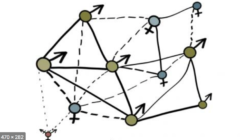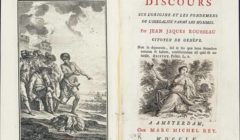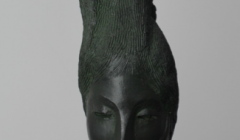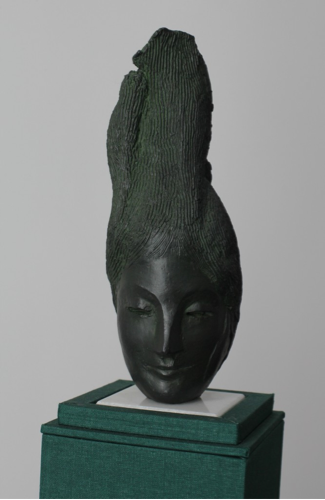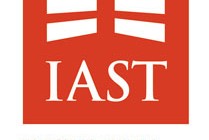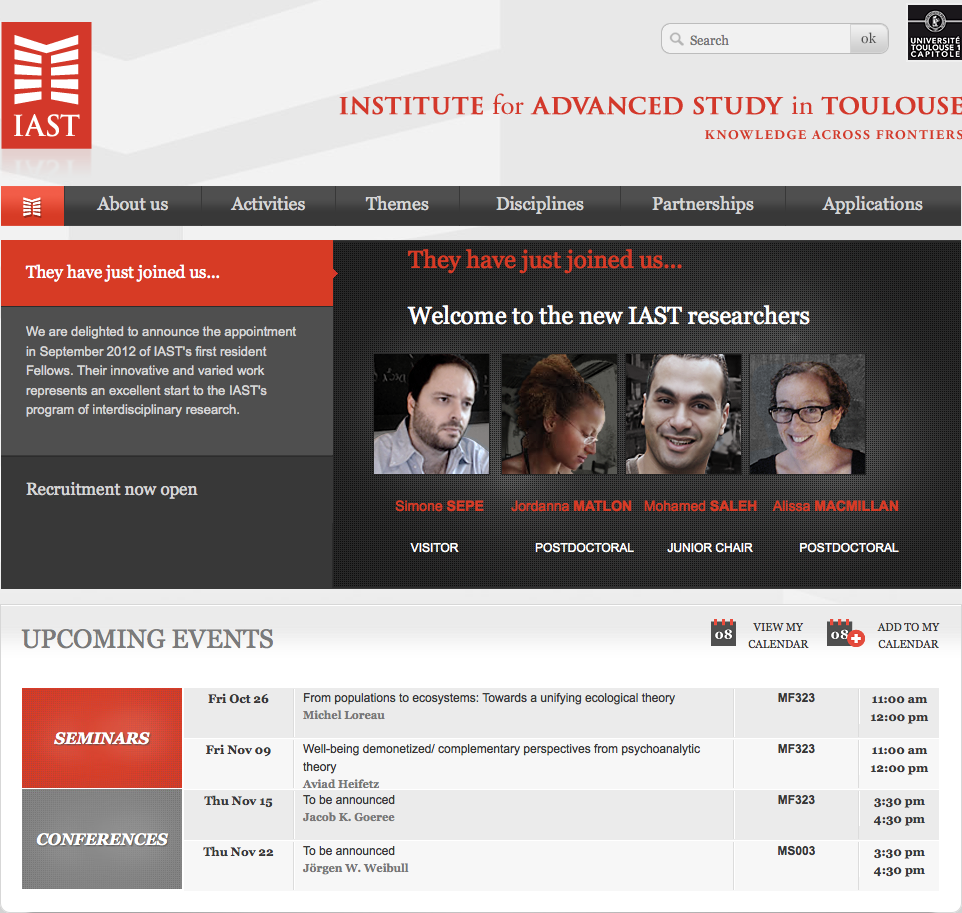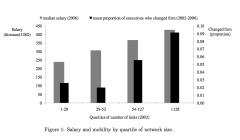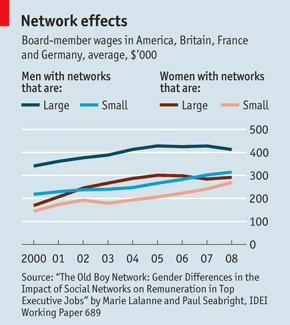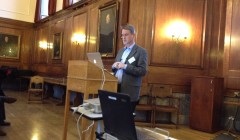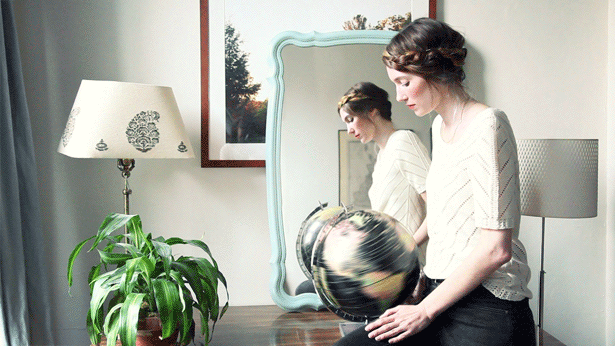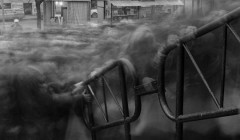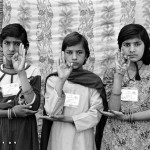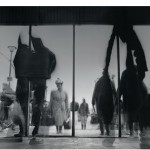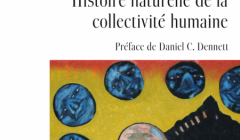In the last few years I have undertaken a number of projects on individual decision-making under various influences – frames, nudges, narratives, channels of attention and group membership.
“Alcohol, Behavioral Norms and Sexual Violence on US College Campuses”, joint with Julia Hoefer, was issued on March 28th 2022 as a Discussion Paper by the CEPR.
The published papers from this line of work are:
“Conformity in mate choice, the overlooked social component of animal and human culture” (with Sabine Nobel, Antoine Jacquet, Guillaume Isabel, Arnaud Pocheville and Etienne Danchin), Biol. Rev. (2023), 98, pp. 132–149. 132 doi: 10.1111/brv.12899.
“Betting on the Lord: Lotteries and Religiosity in Haiti”(with Emmanuelle Auriol, Diego Delissaint, Maleke Fourati and Pepita Miquel-Florensa), World Development 144 (2021), https://doi.org/10.1016/j.worlddev.2021.105441.
“Favoring your in-group can harm both them and you: ethnicity and public goods provision in China”, with César Mantilla, Ling Zhou, Charlotte Wang, Donghui Yang and Suping Shen, Journal of Economic Behavior and Organization 185 (2021) 211–233. https://doi.org/10.1016/j.jebo.2021.02.016.
“Honest signalling in trust interactions: smiles rated as genuine induce trust and signal higher earnings opportunities”, with Samuele Centorrino, Elodie Djemai, Astrid Hopfensitz, Manfred Milinski, Evolution and Human Behavior 36(1), (2015), 8-16. https://doi.org/10.1016/j.evolhumbehav.2014.08.001.
“How Does Ranking Affect User Choice in Online Search?” (with Mark Glick, Greg Richards and Margarita Sapozhnikov), Review of Industrial Organization 45 (2014), 99–119. https://doi.org/10.1007/s11151-014-9435-y
I am currently working with Selin Goksel, Assistant Professor at the University of Amsterdam, on a project involving the influence of narrative framing on the effectiveness of Bayesian updating.


